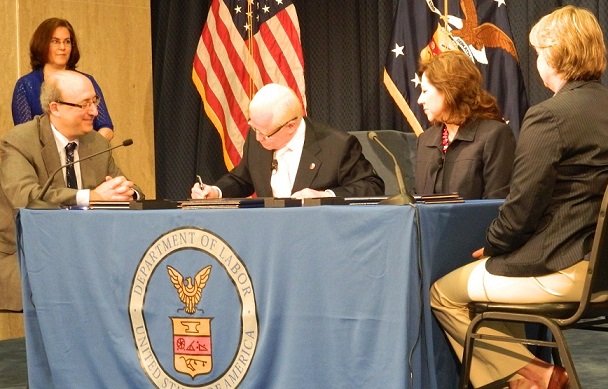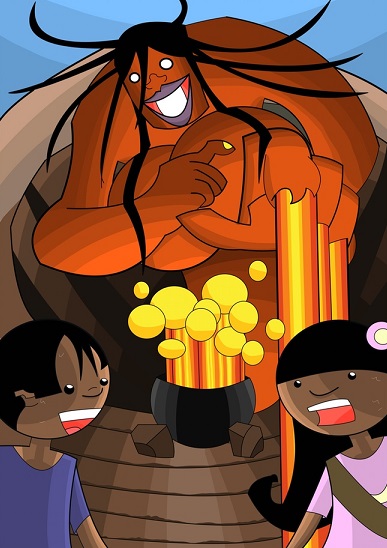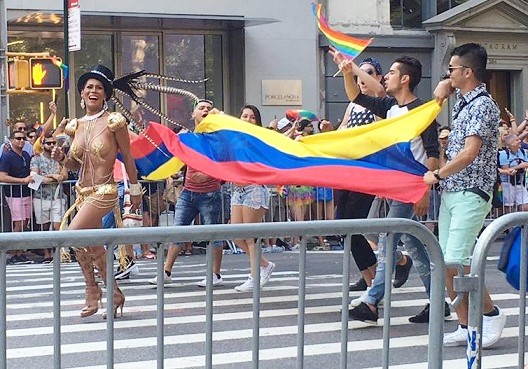How Sou Sou breaks up friendships

The FilAm Editorial
It’s similar to Paluwagan in the Philippines. In New York where the so-called money-savings club is popular among Caribbean and West African immigrants, Sou Sou has easily penetrated the normally tight-fisted Filipino American community.
The word Sou Sou is now synonymous with “scam” after friends began accusing one another of running off with people’s money. Government agencies, such as the Federal Trade Commission, have warned against engaging in this community pastime calling it a “type of pyramid scheme.”
In the end, what started as a chummy savings club has soured and turned friends against each other. The reputation of players is ruined with accusations of fraud flying thick and fast on Facebook.
How it’s played
For Sou Sou to succeed, players must strictly follow the rules and abide by the honor system. Each member puts a certain amount into a common pot. $500 was the amount agreed upon in a FilAm community Sou Sou that began before the pandemic erupted in late 2019.
The players were mostly friends, or friends of friends, who have known each other for a long time and enjoyed a happy camaraderie. They pooled their money and committed to inviting two other people to join the savings circle. In a pre-arranged rotation, each member is supposed to withdraw the entire amount. So if there are 20 players, each one expects to receive $10,000 when it’s his or her turn to collect. Ideally, all the players get to take home the entire amount one after the other, that is, if all goes well and the chain is not broken.
But in the community Sou Sou, the chain broke before some players could collect. The rotation was disrupted when some players failed to recruit two members. Still the game continued into 2020 when those who could not bring in two members began to pay for the phantom players. Instead of $500, the player had to pony up $1,500, which became unsustainable in the long run. Some began to drop out, disrupting the chain.
“This serves as a warning,” writes one player in a social media post. “Not everyone plays fair, some are scammers.”
It got uglier when certain individuals were identified by name and publicly shamed. Those who were called out had to disable their Facebook accounts. Friendships are forever tarnished.
The FTC has warned: “They promise you’ll make more money than you put in and depend on recruiting new people to keep money flowing into the fund. Like all other pyramids, once they run out of new recruits to bring into the club, the money dries up, leaving everyone waiting for their payout holding the bag.”
In some African and Caribbean communities where Sou Sou has worked as a legitimate and viable savings system, the people swear by two elements: trust and honesty.










